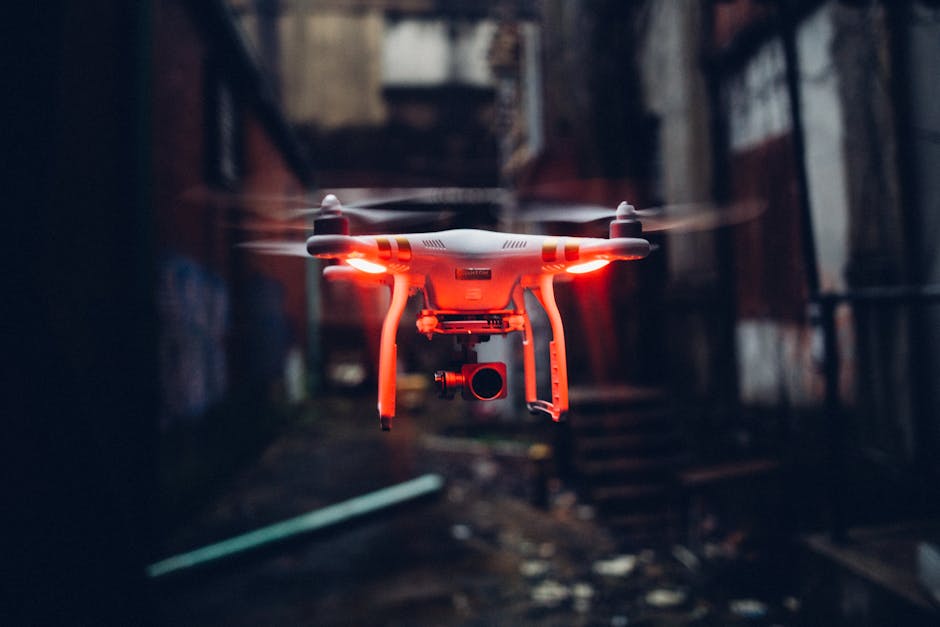
Operation Sky Guardian: UK Military Deploys to Belgium Amid Escalating Drone Threat
In a significant move underscoring the enduring bonds of allied cooperation, the United Kingdom has pledged substantial military assistance to Belgium, following a series of unsettling drone incursions into Belgian airspace. The decision comes at the direct request of Belgium’s defence leadership, aiming to bolster the nation's capabilities against an evolving and increasingly sophisticated aerial threat.
Sir Richard Knighton, the esteemed UK military chief, confirmed this week that his Belgian counterpart formally sought support in the form of crucial UK personnel and cutting-edge equipment. This rapid response highlights not only the strong bilateral relationship between the two NATO allies but also the growing imperative for enhanced airspace security across Europe.
The Unseen Threat: A Wave of Unidentified Drones
Over recent months, Belgium has grappled with a perplexing surge in unidentified drone sightings. These incursions, often occurring near sensitive installations such as military bases, critical infrastructure, and even nuclear power plants, have raised serious alarms within Belgian security circles. While the perpetrators and their precise motives remain shrouded in mystery, the incidents are being treated with the utmost gravity, signaling a potential new frontier in hybrid warfare or sophisticated espionage.
Unlike recreational drone flights, these incidents often involve sophisticated unmanned aerial systems (UAS) exhibiting patterns of surveillance or probing. The frequency and coordinated nature of some of the sightings suggest a deliberate, rather than accidental, intent, prompting Belgium to reassess its defensive posture. The sheer scale of the challenge has evidently stretched domestic resources, necessitating an appeal for international solidarity and expertise.
UK's Arsenal: Personnel and Advanced Counter-Drone Technology
The assistance package from the UK is expected to be comprehensive, targeting critical gaps in Belgium's existing counter-drone capabilities. While specific details remain under wraps for operational security, it is understood that the deployment will likely include:
- Specialized Personnel: Expert operators and technicians from the British Armed Forces with extensive experience in UAS detection, identification, and mitigation.
- Advanced Equipment: Cutting-edge counter-UAS (C-UAS) systems, which could range from sophisticated radar and electro-optical/infrared sensors for early detection to electronic warfare jammers designed to disrupt drone communications and GPS signals.
- Intelligence Sharing: Enhanced collaboration on intelligence analysis, helping to piece together patterns, identify potential threats, and inform defensive strategies.
- Training and Capacity Building: Assisting Belgian forces in developing their own long-term counter-drone proficiencies and operational doctrines.
Sir Richard Knighton likely emphasized the UK's commitment to collective security and its readiness to deploy its world-class defense assets to support allies in need. The British military has invested heavily in developing advanced counter-drone technologies, born from experiences in various operational theatres, making it a valuable partner in this emerging security landscape.
NATO's Resolve: A Unified Front Against Evolving Threats
This bilateral cooperation between the UK and Belgium is a testament to the principles enshrined within the NATO alliance. In an era marked by geopolitical instability and the rise of unconventional threats, the ability of member states to rapidly support each other is paramount. Drone technology, while offering numerous civilian benefits, also presents significant challenges to national security, demanding a robust and coordinated defense.
The incidents in Belgium underscore a broader trend observed across Europe, where malign actors, both state and non-state, are increasingly exploring the disruptive potential of drones. Protecting critical infrastructure, maintaining airspace sovereignty, and ensuring public safety are collective responsibilities that require shared resources and expertise. The UK's immediate response sends a clear message of solidarity and resolve, reinforcing the idea that an attack or threat against one ally is a threat against all.
Looking Ahead: A Stronger, More Resilient Belgium
The arrival of UK military assistance will significantly enhance Belgium's ability to monitor, detect, and neutralize unauthorized drones, thereby restoring confidence in the nation's airspace security. This collaborative effort is not merely a short-term fix but an investment in long-term resilience, enabling Belgium to develop more robust and self-sufficient counter-drone capabilities.
As the European security landscape continues to evolve, such partnerships will become increasingly vital. The UK's swift and decisive action in support of Belgium serves as a powerful example of allied commitment, demonstrating that when faced with shared threats, nations stand together, pooling resources and expertise to safeguard their security and sovereignty. Operation Sky Guardian marks a critical step towards a safer and more secure European sky.
Keywords: General News
📎 Read also: Trump tells military to prepare for 'action' against Islamist militants in Nigeria
